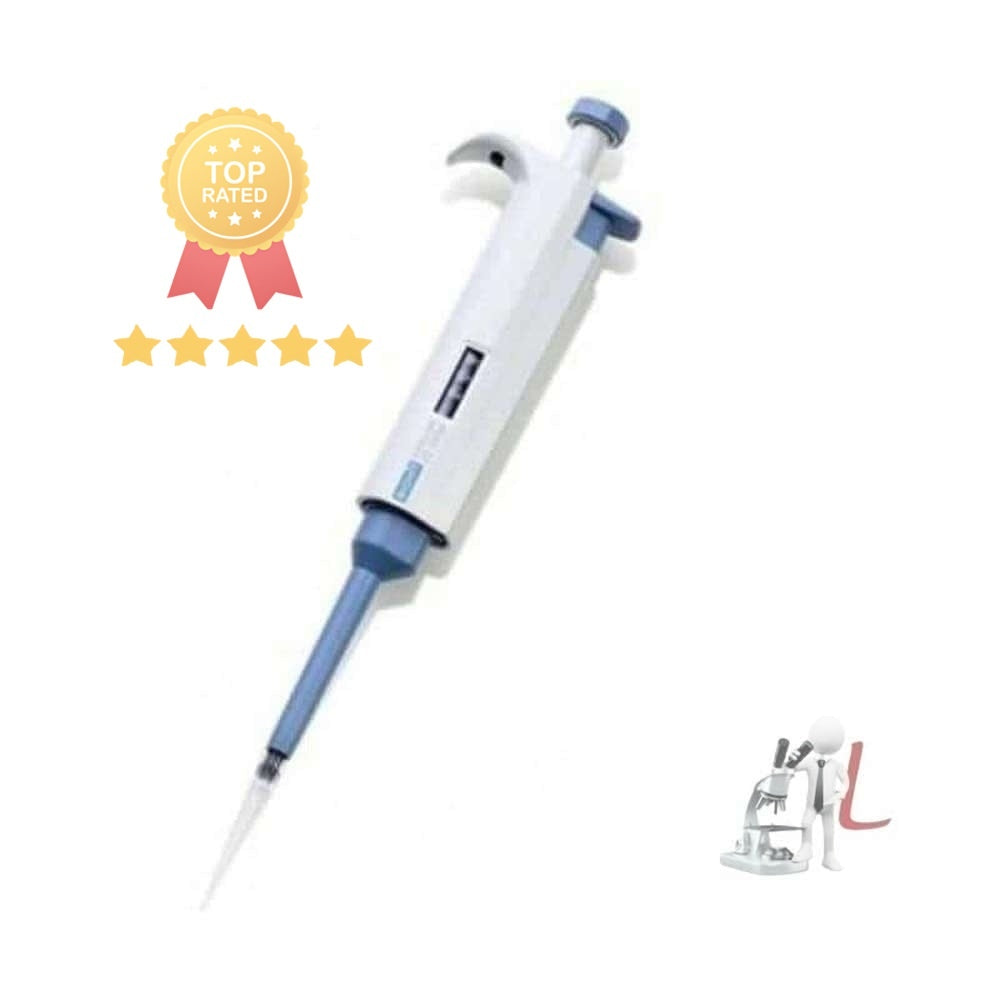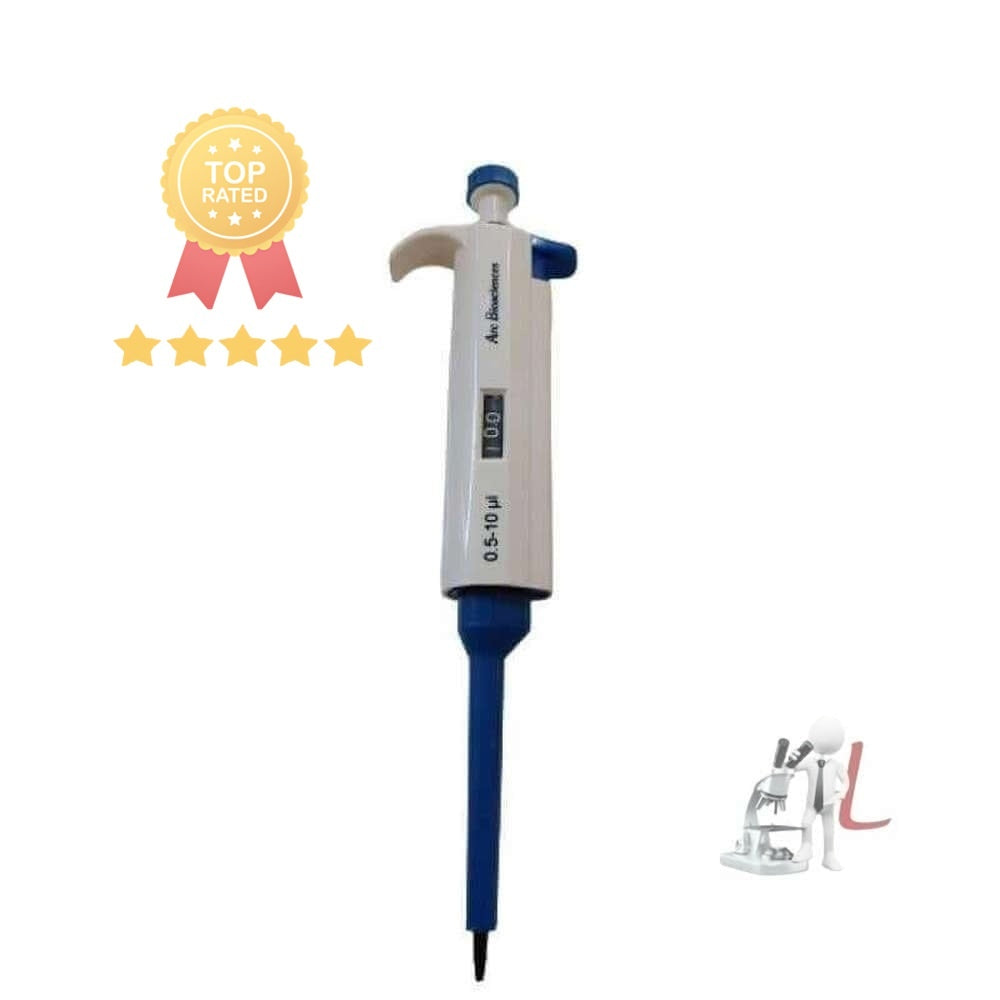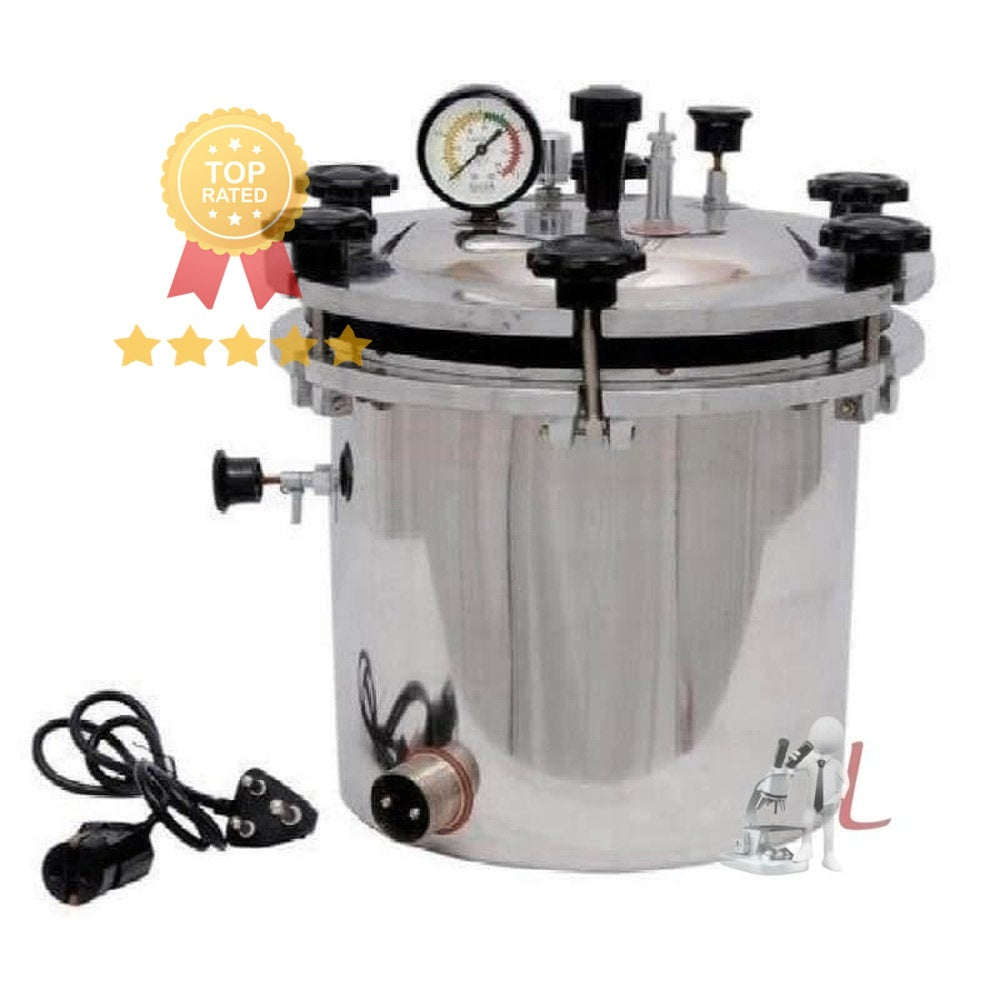Genetics and Plant Breeding Equipment: Essential Tools for Advancing Research
Genetics and Plant Breeding Equipment are vital components in the field of agricultural research and biotechnology. These tools are designed to facilitate the study and enhancement of plants through genetic manipulation and breeding strategies. By utilizing advanced equipment, researchers can analyze genetic material, track traits, and optimize plant varieties for improved yield, resistance to diseases, and adaptability to climatic changes.
The effective use of Genetics and Plant Breeding Equipment begins with the selection of the right tools tailored for specific research goals. Essential equipment includes PCR machines, gel electrophoresis systems, spectrophotometers, and growth chambers. Each piece of equipment plays a unique role in the genetic analysis and breeding process. For instance, PCR machines enable the amplification of DNA, making it easier to study specific genes, while electrophoresis systems separate DNA fragments for further analysis.
Moreover, tools like spectrophotometers are invaluable for quantifying DNA and RNA concentrations, allowing researchers to assess the quality of their samples before proceeding with experiments. Growth chambers provide controlled environments for plant growth, essential for experiments that require specific conditions such as temperature, humidity, and light intensity. The integration of such equipment is crucial in conducting precise and reproducible studies in plant genetics and breeding.
In addition to laboratory equipment, field-based tools like phenotyping platforms, drones, and soil sensors are increasingly becoming integral to genetic research. These technologies allow for the collection of real-time data about plant growth, nutrient uptake, and environmental conditions. The ability to combine lab and field data enhances our understanding of plant genetics and informs breeding decisions.
As the field of genetics advances, so does the development of innovative equipment tailored to meet new challenges in plant breeding. Technologies such as CRISPR-Cas9 for gene editing have revolutionized the way scientists approach genetic modification. Consequently, accessories and upgrades for existing equipment are crucial to keep pace with rapid advancements in genetic research.
The selection of Genetics and Plant Breeding Equipment should also consider factors such as ease of use, cost, and compatibility with existing lab protocols. Training for researchers and technicians on the proper use of these tools is equally important to ensure that experiments yield accurate and meaningful results.
Furthermore, collaboration among researchers, institutions, and industry partners plays a significant role in advancing the capabilities of Genetics and Plant Breeding Equipment. Sharing knowledge, resources, and best practices helps in refining techniques and expanding the scope of plant breeding research.
Investing in high-quality Genetics and Plant Breeding Equipment not only enhances research outcomes but also contributes to the global effort to ensure food security and sustainable agricultural practices. By leveraging the best technology available, researchers can develop crop varieties that meet the challenges of feeding a growing population while minimizing environmental impacts.
In conclusion, Genetics and Plant Breeding Equipment serve as essential lab tools for research, driving the field of plant genetics forward. By integrating both traditional breeding approaches and cutting-edge genetic technologies, researchers are better equipped to address the complexities of plant development and adaptability, leading to greater agricultural resilience and productivity.
Filter
Sort by




